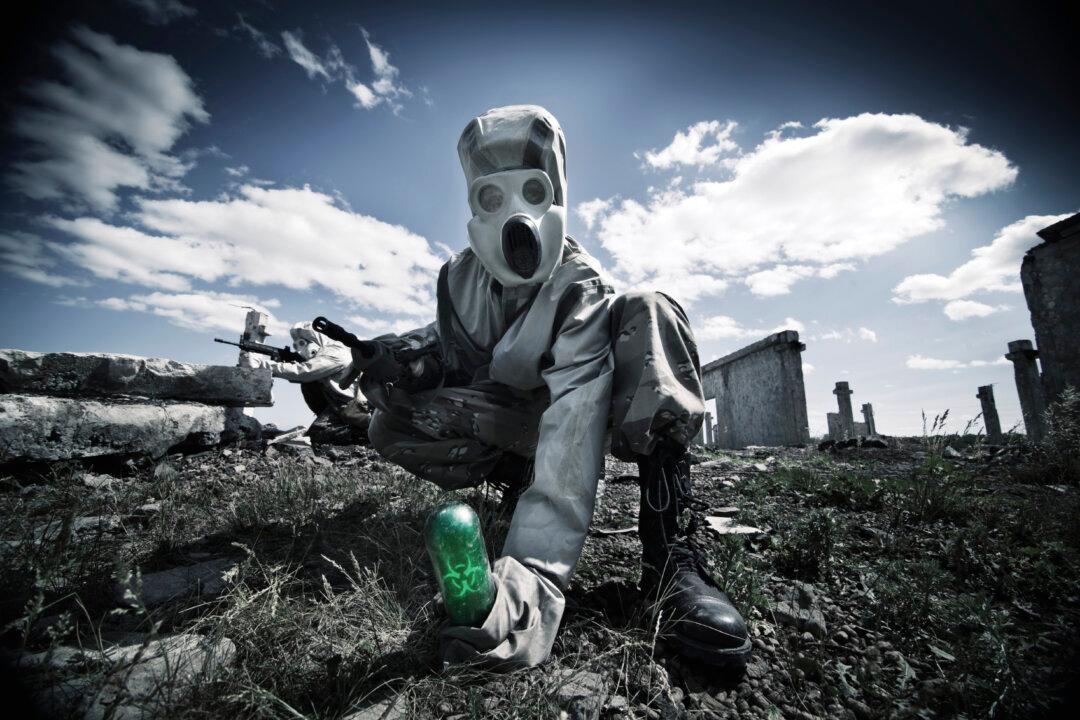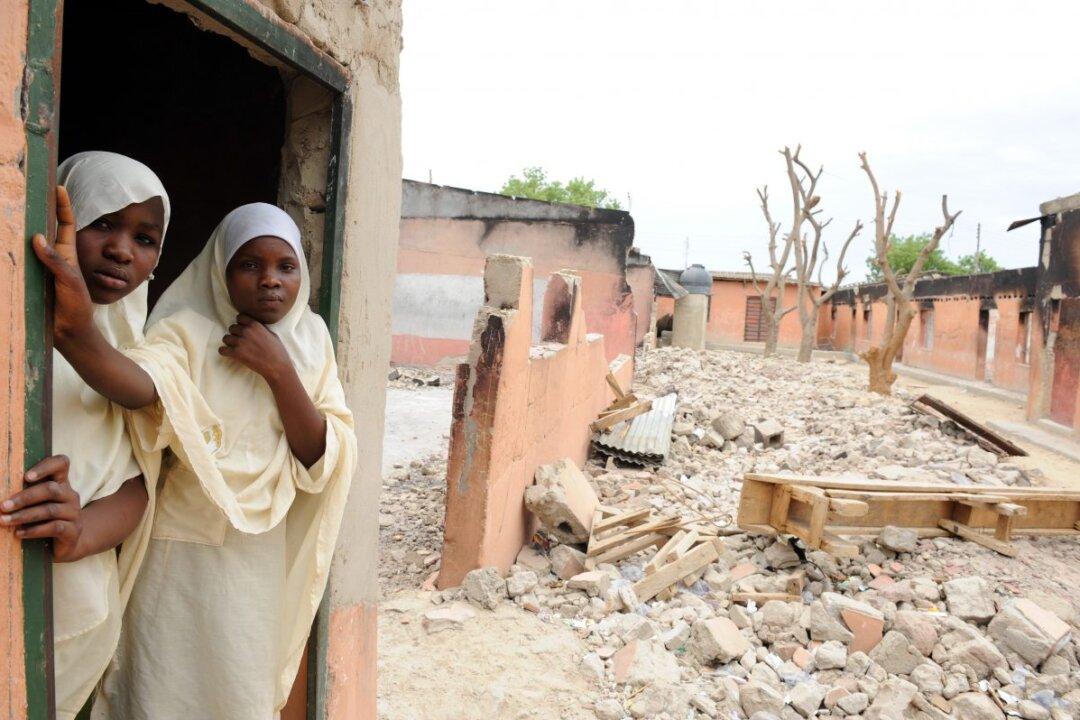Earlier this month, Morocco’s head of counterterrorism, Abdelhak Khiame, warned that the Islamic State (ISIS) is trying to build chemical weapons to use in an attack on Europe. The announcement comes after Moroccan authorities in February discovered components for making a chemical weapon during a raid on an ISIS cell poised for an attack in Morocco.
Moroccan authorities in February discovered components for making a chemical weapon during a raid on an ISIS cell.


